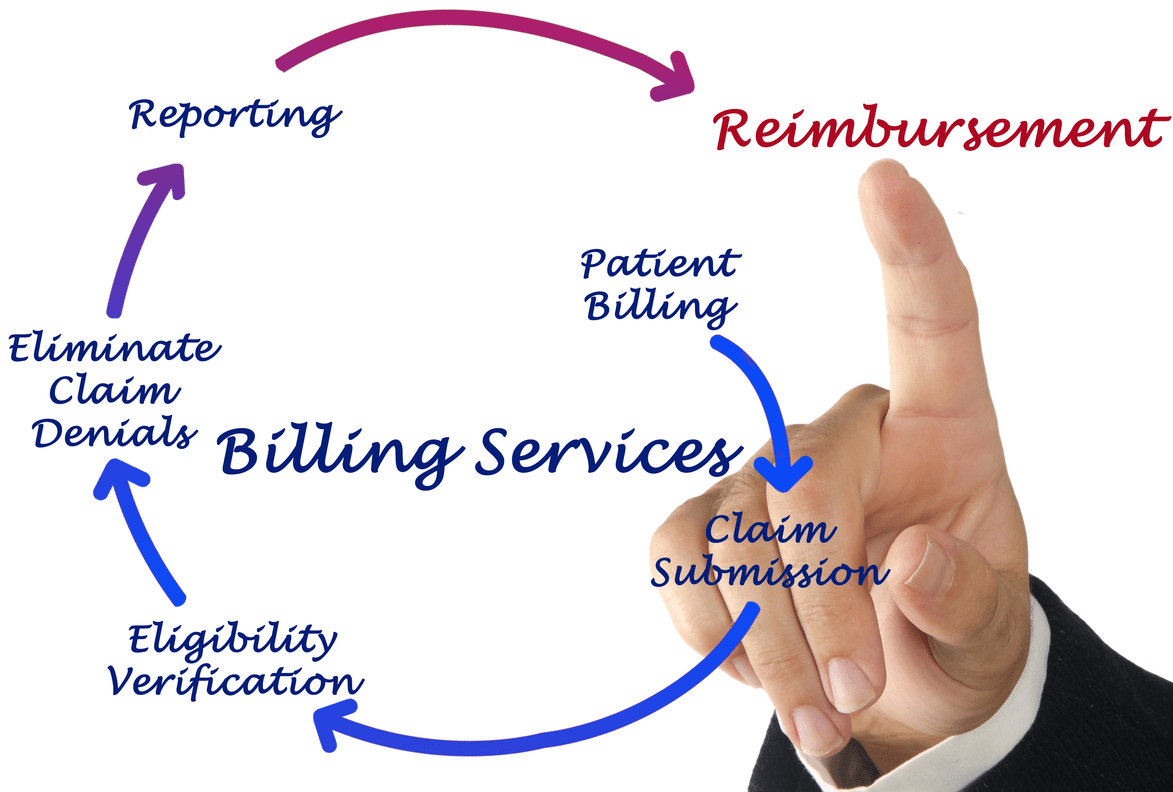Content Attributes
With DeFi platforms achieving significant growth since 2020. They are continuing to drive the finance industry to the leading edge of Blockchain technology. Financial products and services are now an integration of peer-to-peer (P2P) networks, algorithmic automation, and community incentive infrastructures to augment the existing financial products.
Decentralization has become an industry precedent in most of the popular Decentralized Finance (DeFi) platforms. Such as Uniswap, Saddle Finance, or Curve. Though decentralized governance is still in a stage of ‘experimentation’. Key processes are being standardized and implemented across protocols to enable equitable and sustainable practices.
The core functions of DeFi Governance
DeFi transcends the structures of P2P networks and Blockchain to develop more equitable and decentralized organizations and industries using Governance tokens. The founders of DeFi platforms have started to transfer the agency of decision-making to globally, distributed, decentralized communities of stakeholders through tokenized governance mechanisms.
Most of the DeFi platforms built on central governance frameworks that outline strategic and operational priorities. Essentially, the element of centralization serves as a premise for recognizing DeFi platforms as legal entities similar to corporations. Centralized governance mechanisms for DeFi projects are, therefore, critical for strategic and operational decision-making in the following areas:
- Reinstating changes in protocols and governance frameworks
- Allocating funds for platform development through Decentralized exchanges (DEXs) platforms
- Managing liquidity pools
- Auditing the code on a yield farming platform
An Insight into Governance Tokens
The ERC-20 token standard declares that Governance tokens typically staked or held as collateral. In order to enable holders to vote or make a proposal. Since Governance tokens are distributed to platform users as an incentive for using the protocol, they cannot be initially purchased. They may eventually be traded on exchanges post distribution, though.
Theoretically speaking, the success of a protocol and the value of a Governance token are defined by how users wield their power to control, direct, and organize additional resources by making modifications to incentives and capital flows. However, these tokens are under speculation despite the fact that DeFi platforms have relied on Governance token awards for inviting liquidity and users to their projects.
What are the standard DeFi Governance Processes?
The onus of actually governing a platform begins with the distribution of Governance tokens. Standardized DeFi governance structures largely follow the routine process of initiating discussions, proposing improvements, on-chain voting, and implementation.
- Discussions are initiated by the stakeholders to measure mass sentiment across various communication channels. An official governance forum is another channel that enables discussions on policies and standards.
- Improvements submitted in the format of proposals. Where new changes to the system recommended for potential code change and are open to the community for review.
- Quorum the minimum amount of participation required to pass a vote on the proposed changes and often cancelled in cases of low participation.
- On-chain voting is another method that requires a majority of more than 50% for proposal execution. The voting power is often transferable, and the number of tokens held by a token holder is critical for determining the weight of their vote.
- Implementation entails modifications to the code and is the final step in the decentralized governance process.
The future of regulation and DeFi Governance
The evolution of Blockchain technology and DeFi has boosted the development of governance models that are innovation-centric, support decentralization and governance, and drive further investment. Decentralized autonomous organizations (DAOs) have integrated into Blockchain projects to facilitate decentralized Blockchain governance.
A DAO is an organization that is completely run on a Blockchain protocol and provides autonomy. That aligned with the rules encoded via smart contracts. By eliminating the need for any intermediary or centralized management, DAO’s trustless decision-making frameworks enable large-scale accessibility and decentralized token-based voting rights. The governing bodies tasked with monitoring protocol resource allocation to ensure the long-term growth of the projects they support. The success of DAOs lies in the immutability factor that enables protocol communication using transparent mechanisms.
Though DeFi governance is in its infancy stages, Governance tokens have gained admirable traction. Which is an indication of the long-term, positive impact that it can have on the Blockchain ecosystem. All that we need to understand is that the inevitable need for DeFi governance solutions does not have to come at the cost of decentralization.



